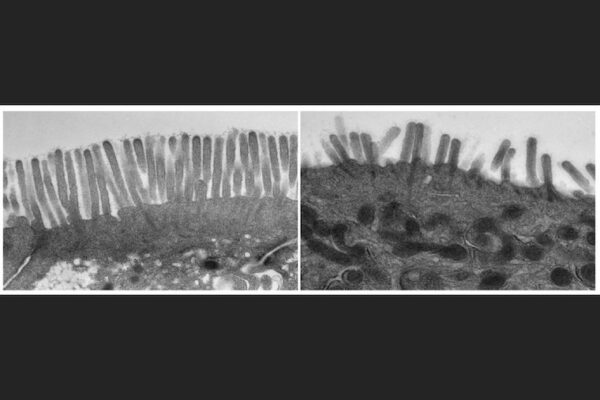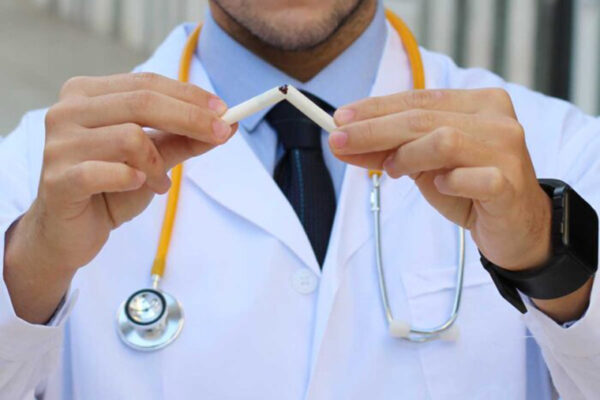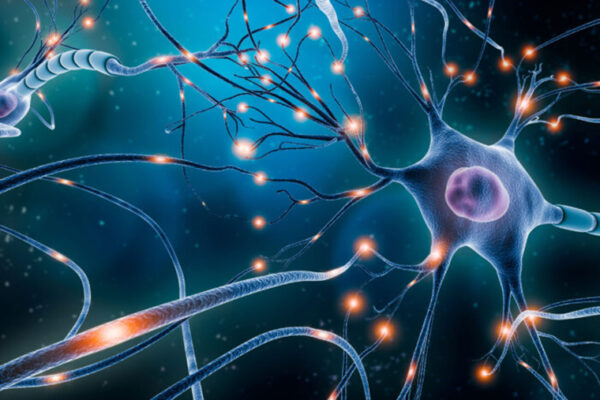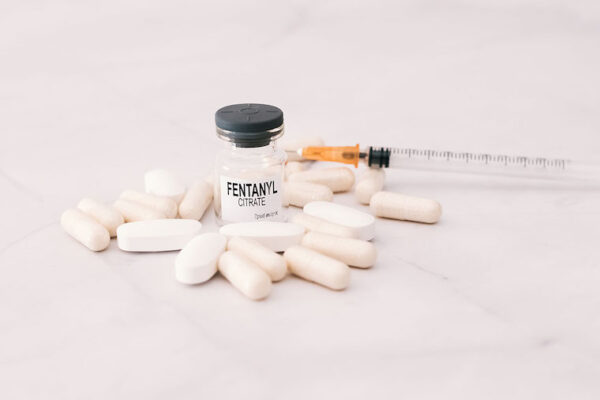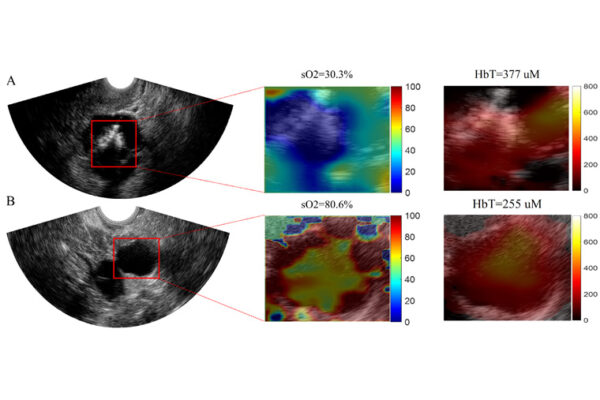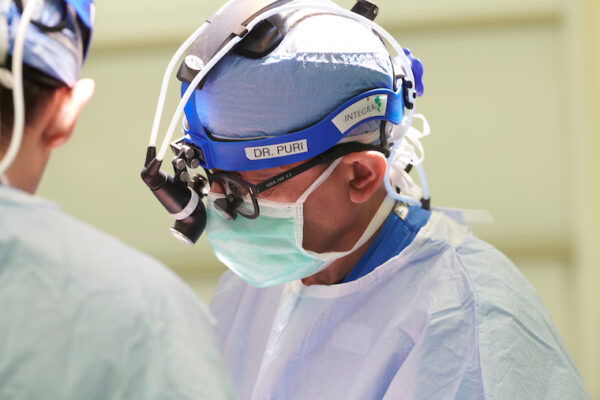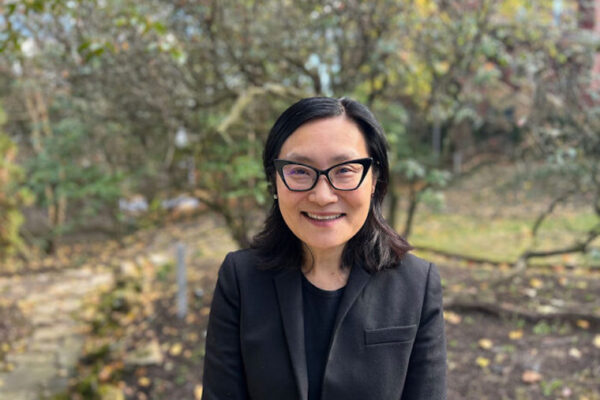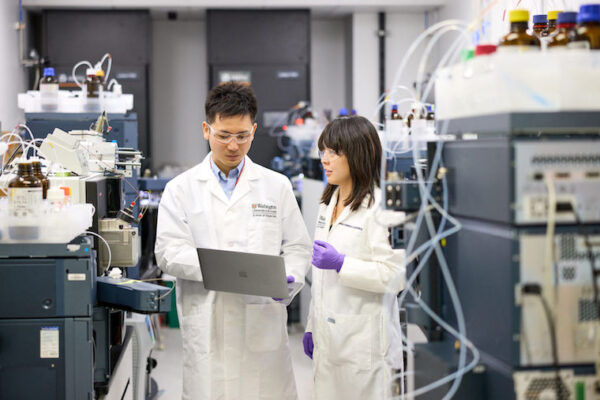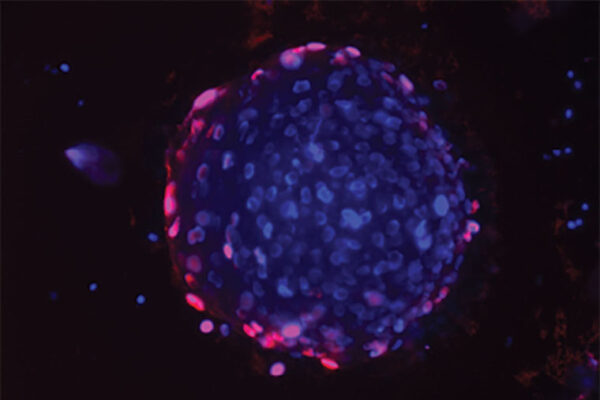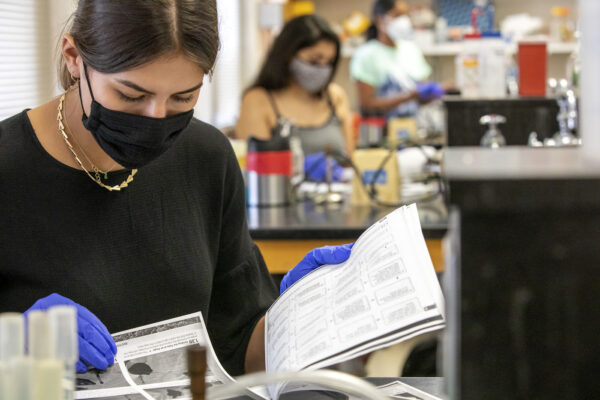Some forms of childhood malnutrition, stunting may be preventable with vaccines
Researchers at the School of Medicine have discovered that vaccinating mice against a bacterial toxin produced by E. coli can prevent intestinal damage. The finding suggests new ways to prevent malnutrition and stunting in children.
Study supports urging smoking-cessation treatment to patients in cancer care
A nationwide team studied 44,000 smokers at 28 cancer centers, including Siteman Cancer Center, and learned that if they could get such patients into nicotine replacement, counseling or both, they could help nearly one in five quit smoking, while also boosting cancer survival rates.
Immunotherapy eliminates disease-causing cells in mice with MS-like disease
School of Medicine scientists have shown that the cancer therapy known as CAR-T can be applied to multiple sclerosis (MS), an autoimmune disease of the nervous system. The findings extend the powerful tool of immunotherapy to autoimmune diseases, a class of diseases that are often debilitating and difficult to treat.
WashU, pharmacy scientists alter fentanyl, aim to make it less lethal, less addictive
A research team that includes School of Medicine and pharmacy scientists has altered the chemical properties of fentanyl. The research holds promise for developing safer opioid drugs that still relieve pain.
Machine learning model builds on imaging methods to better detect ovarian lesions
Research from Quing Zhu’s lab at the McKelvey School of Engineering yields a novel method to use ultrasound to enhance machine learning’s ability to accurately diagnose — or rule out — ovarian cancer.
More frequent CT scans not associated with improved outcomes after lung cancer surgery
A new study by researchers at Washington University School of Medicine found that undergoing more frequent computed tomography (CT) scans was not associated with improved outcomes following lung cancer surgery.
Lee to lead pulmonary, critical care division
Janet S. Lee, MD, a highly regarded physician-scientist in pulmonary and critical care medicine, has been chosen to lead the Division of Pulmonary & Critical Care Medicine in the Department of Medicine at the School of Medicine. Her appointment is effective Jan. 3.
Diagnostic marker found for deadly brain disease marked by dementia, movement problems
Researchers at Washington University School of Medicine have discovered a biomarker for a rare, deadly brain disease known as corticobasal degeneration (CBD). The biomarker could accelerate efforts to develop treatments for CBD.
Drug triggers immune cells to attack prostate cancer
A drug compound attacks hard-to-treat prostate cancer on several fronts, according to a School of Medicine study in mice and human cells. It triggers immune cells to attack, helps the immune cells penetrate the tumor and cuts off the tumor’s ability to burn testosterone as fuel.
Experts offer tips to stay healthy during holidays
Washington University medical experts share how students, faculty and staff can stay healthy this holiday season. They note that masks not only slow the spread of COVID-19, but also can stop dangerous viruses such as the flu and RSV, which are currently raging throughout the St. Louis region.
View More Stories
